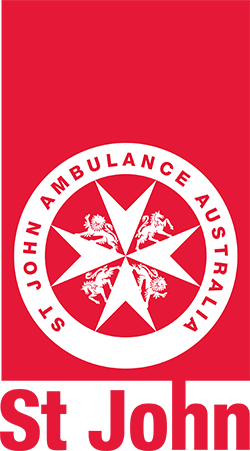5 Tried and True Tips to Help You Ace That Second Round Interview

Fantastic! Your skills and experience, all wrapped up in a bow of your charm and wit, has helped you make it to the second round.
Give yourself a pat on the back, but don’t be fooled – the heavy lifting isn’t over just yet.
Second-round interviews are usually comprised of just two to three candidates, meaning that you’ve really got to work your magic to get ahead of the competition.
Below are some tried and true ways to ensure you are thoroughly prepared for what’s coming up next, which will help you to ace your second-round interview and impress your hiring manager.
1. Make sure you’ve researched the organisation
Really, this should have been something that you covered in your first interview. However, it is especially crucial to have current and accurate knowledge of the place that you are interviewing for. Misunderstandings can sometimes happen in the first round; particularly if the company isn’t as well known, it can be confusing to understand the lengths of what it is all about.
Now that you have had your first round and had plenty of time to discuss these sorts of things with your interviewer, there are no excuses for misunderstandings in what’s to come. Really learn as much as you can about a company – don’t just stop at their website, look into their social channels and overall online presence, media coverage, clients – anything to show that you’re well informed. And, if there’s something that comes up that you can’t find out through your research, the second round interview is the perfect place to bring it up and showcase that your interests lie in more than just scoring a fancy new job.
2. Be ready for some more in-depth questions
Now that you’ve made it to the second round, your interviewer already knows the basics about you and will now be keen to see if you really are capable of this role and everything it entails. To be prepared for this, it is best to see if you can align any
situational examples from your previous position with a circumstance that you know will be expected from you in the role that you are interviewing for. Develop some answers that will explain in detail the steps you took to achieve your end result.
3. Prepare to meet new people
In second-round interviews, there is often an unfamiliar face that joins in on the interviewing process. This is done for a number of reasons – some organisations require a more senior member to sit in to approve the candidate and their suitability for the job, other times it is merely a reassurance of the candidate’s cultural fit.
Whatever it may be, your goal is to impress.
Use your first interview to gauge essential aspects of the organisation’s culture. As an example, if your interviewer/s seems quite laid back and relaxed, you can emulate their attitude (while keeping it professional of course), which will then show them that you are a great cultural fit.
Bonus Tip
As you would have found in your research in step one, many organisations have a ‘Meet the Team’ section on the website. Use this to explore who is who, so that you are not caught off guard if an unfamiliar face does pop up in the interviewing room the second time around. If the company does not have a section like this on the website, LinkedIn is your next best option.
4. Think about your salary expectations
It’s important to have some idea of your salary expectations before your second interview. Research what the standard salary bracket is for the role you are interviewing for, then decide on a figure that is reasonable.
It is okay to discuss salary within an interview, just wait until your hiring manager raises the question first.
5. Touch base after the interview
Following up after an interview is a simple, yet often forgotten way to show your thanks to your interviewer for their time and for giving you the opportunity for a second round interview – it keeps you in their mind, which is crucial as you will be competing against other memorable people for your position.
A short, concise email that says thank you, along with a confirmation of the next steps and when you expect to hear back from them regarding the position is generally the way to go.
And there you have it: five tried and true ways to really help you nail that second-round interview. Take all of these on board, and you’ll be sure to impress. Good luck.











